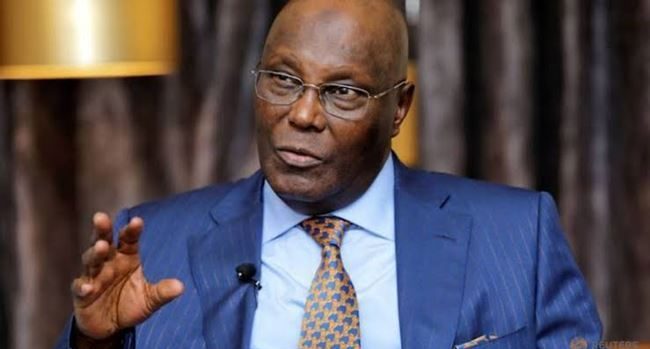The African Development Bank has called off a planned loan to Nigeria that would have helped fund the 2017 budget.
Rather, the money would be redirected to specific projects.
Amadou Hott, a vice president of the continental development bank made this known.
The African Development Bank was in talks with Nigeria for over a year to release a second $400 million tranche that would shore up its 2017 budget, as the government tried to spend its way out of recession.
However, Nigeria failed to meet the terms of the international lenders, which also had the World Bank amongst them, to enact several reforms which included floating the Naira freely on the Foreign Exchange market.
Rather than loan Nigeria the money to fund its current budget, the African Development Bank said it would take most of the money and “put it directly into some development projects,” Amadou Hott, African Development Bank Vice President for Power and Green Growth, Amadou Hott, told Reuters Africa during a Nordic-Africa Business Conference in Oslo, Norway.
Because prices for oil, on which Nigeria relies for about two-thirds of its revenues, have risen and the naira-dollar exchange rate has improved.
READ ALSO: Naira closes at N360.16/$ at investor’s window
Nigeria is now relying less than expected on external borrowing, Hott said.
Nigeria’s 2017 budget, N7.44 trillion, is just one in a series of record budgets that the government has faced obstacles funding, pushing it to seek loans from overseas.
In 2016, the African Development Bank agreed to lend Nigeria a first tranche of $600 million out of $1 billion.
But negotiations over economic reform later broke down, blocking attempts to secure the second tranche of $400 million.
Earlier this month, the head of Nigeria’s Debt Management Office said the country was still in talks with the World Bank for a $1.6 billion loan, which will help plug part of an expected $7.5 billion deficit for 2017.
The administration is also trying to restructure its debt to move away from high-interest, naira-denominated loans and towards dollar loans, which carry lower rates.











